Snoring in a child should be analyzed carefully and is often closely associated with other major heath and behavioral problems. Several important questions should be asked of the parent of a young child of 3 to 10 years of age. The following questions are the important ones to ask a parent:
- Does the child snore?
- Does the snoring occur two to four nights a week (moderate snoring)?
- Or does it occur five to seven nights a week (habitual snoring)?
- Is it interrupted snoring where the child stops breathing?
- Does this interrupted snoring last four seconds or more at least twice per hour?
- Is your child hyperactive?
- Does your child lack attention (attention deficit)?
- Does the child have headaches in the morning?
- Does the child sweat profusely while sleeping?
- Is your child fidgety?
- Do you have trouble understanding the child’s speech?
- Does your child have trouble pronouncing consonants like P, B, V, T, etc?
- Is the child a restless sleeper?
- Does the child look sleepy during the day?
- Does the child do poorly in school, particularly in mathematics and spelling?
- Does the child breathe through the mouth?
- Does the child often wet the bed at night?
- Does the child grind his or her teeth?
Most of these problems, and many more, occur about twice as frequently in habitual snorers than in children who don’t snore. In fact, reviewing data (from Sahin, Eitner and Guenther, 2004) indicate that ADD, ADHD, daytime sleepiness, restless sleep, daytime mouth breathing, bed wetting, tooth grinding, poor school performance and morning headaches are 207 percent more prevalent in the habitual snorers than in non-snorers.
Because these characteristics are twice as frequent in habitual snorers, obviously it becomes extremely worthwhile to analyze a young child’s risk of a serious sleep problem.
What is the best way to proceed?
The first priority is to get more information from the parent by having them fill out a questionnaire.
If there is an indication that the child has any of the following symptoms — interruptions in the breathing while sleeping for four seconds or more; labored, difficult or loud breathing while asleep; cessation of breathing more than two times per hour while sleeping — the child should be suspected of having apnea or hypopnea and should have a home night sleep study and then possible referral to a sleep specialist.
One of the most common causes of sleep problems is unusual swelling of the tonsils and/or adenoids. If this is suspected, the child should be referred to his or her pediatrician.
However, if the child does not have the above symptoms, any one of three preformed appliances could be indicated. They are the Youth Habit Corrector (for open-bite, thumb sucking, mouth breathing and speech problems); the Nite-Guide appliance (for mouth breathing, mandibular retrusion, occlusion problems and snoring) and the Youth Snore Cure (for mouth breathing and snoring).
Such an analysis for sleep-related problems in your young patients should become part of the patient examination in your office.
(Note: This article was published in Ortho Tribune U.S. Edition, Daily at the AAO, Vol. 5, No. 2.)
Snoring in an adult is considered to be a most important symptom that is strongly associated with daytime sleepiness, inattention, restlessness while ...
BOSTON, US: In the US, dental care remains largely excluded from medical insurance and separated from public health initiatives that promote prevention. A ...
Two-thirds of partnered adults say their other half snores, while six out of 10 of all adults (59 percent) say they snore. Sleep apnea may be present in 20 ...
NEW YORK, USA/LEIPZIG, Germany: Medical and dental problems associated with mouth breathing often go unnoticed by health professionals, a new ...
CHICAGO, US: New research from the American Dental Association (ADA) shows that the model of dental practice in the country is continuing to change. The ...
CHICAGO, Ill., USA: The American Dental Association (ADA) has introduced the ADA Dental Symptom Checker on MouthHealthy.org to provide patients with ...
Of the commercially available hard- and soft-tissue lasers, the Fotona Lightwalker dual laser wavelengths of Nd:YAG and Er:YAG have high efficacy and ...
Members of the dental profession are an increasing target for professional negligence lawsuits, and dental implant professionals are no exception. At ...
The concept of digital study models has often been talked about — particularly in orthodontic circles — as a solution to the considerable ...
As drug use and abuse has risen throughout the United States, dental professionals find themselves faced with increasing requests to assist in the response ...
Live webinar
Wed. 25 February 2026
11:00 AM EST (New York)
Prof. Dr. Daniel Edelhoff
Live webinar
Wed. 25 February 2026
1:00 PM EST (New York)
Live webinar
Wed. 25 February 2026
8:00 PM EST (New York)
Live webinar
Tue. 3 March 2026
11:00 AM EST (New York)
Dr. Omar Lugo Cirujano Maxilofacial
Live webinar
Tue. 3 March 2026
8:00 PM EST (New York)
Dr. Vasiliki Maseli DDS, MS, EdM
Live webinar
Wed. 4 March 2026
12:00 PM EST (New York)
Munther Sulieman LDS RCS (Eng) BDS (Lond) MSc PhD
Live webinar
Wed. 4 March 2026
1:00 PM EST (New York)



 Austria / Österreich
Austria / Österreich
 Bosnia and Herzegovina / Босна и Херцеговина
Bosnia and Herzegovina / Босна и Херцеговина
 Bulgaria / България
Bulgaria / България
 Croatia / Hrvatska
Croatia / Hrvatska
 Czech Republic & Slovakia / Česká republika & Slovensko
Czech Republic & Slovakia / Česká republika & Slovensko
 France / France
France / France
 Germany / Deutschland
Germany / Deutschland
 Greece / ΕΛΛΑΔΑ
Greece / ΕΛΛΑΔΑ
 Hungary / Hungary
Hungary / Hungary
 Italy / Italia
Italy / Italia
 Netherlands / Nederland
Netherlands / Nederland
 Nordic / Nordic
Nordic / Nordic
 Poland / Polska
Poland / Polska
 Portugal / Portugal
Portugal / Portugal
 Romania & Moldova / România & Moldova
Romania & Moldova / România & Moldova
 Slovenia / Slovenija
Slovenia / Slovenija
 Serbia & Montenegro / Србија и Црна Гора
Serbia & Montenegro / Србија и Црна Гора
 Spain / España
Spain / España
 Switzerland / Schweiz
Switzerland / Schweiz
 Turkey / Türkiye
Turkey / Türkiye
 UK & Ireland / UK & Ireland
UK & Ireland / UK & Ireland
 International / International
International / International
 Brazil / Brasil
Brazil / Brasil
 Canada / Canada
Canada / Canada
 Latin America / Latinoamérica
Latin America / Latinoamérica
 China / 中国
China / 中国
 India / भारत गणराज्य
India / भारत गणराज्य
 Pakistan / Pākistān
Pakistan / Pākistān
 Vietnam / Việt Nam
Vietnam / Việt Nam
 ASEAN / ASEAN
ASEAN / ASEAN
 Israel / מְדִינַת יִשְׂרָאֵל
Israel / מְדִינַת יִשְׂרָאֵל
 Algeria, Morocco & Tunisia / الجزائر والمغرب وتونس
Algeria, Morocco & Tunisia / الجزائر والمغرب وتونس
 Middle East / Middle East
Middle East / Middle East
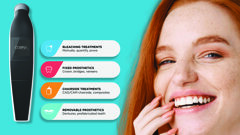


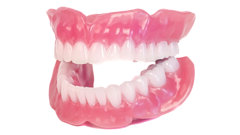
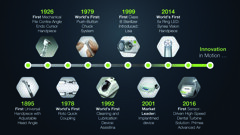






















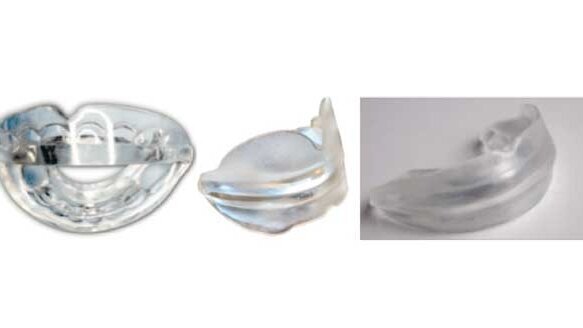



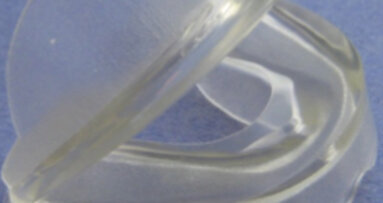
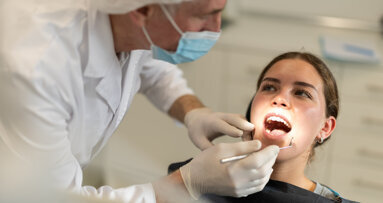



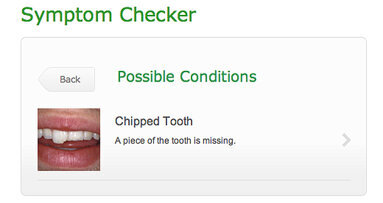
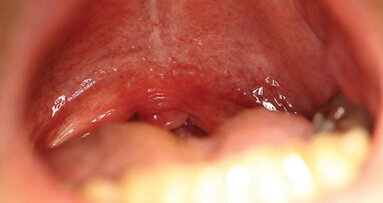
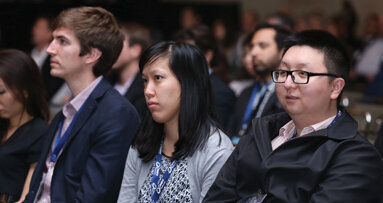
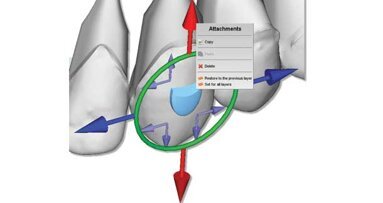
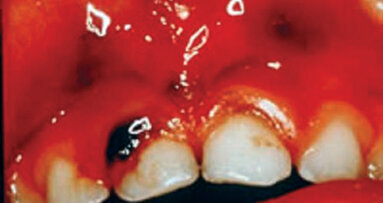
















To post a reply please login or register